Genetics
-
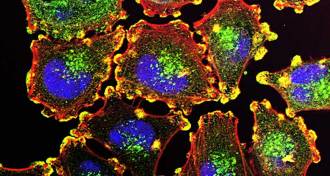 Genetics
GeneticsYear in review: Cancer genetics grows up
Researchers looking for mutations linked to cancer have found that not all genetic alterations should be targeted equally.
-
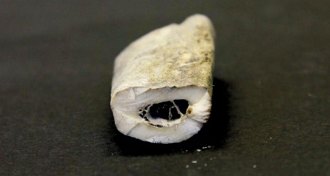 Animals
AnimalsYear in review: New dates, place proposed for dogs’ beginnings
This year’s dog research suggested older origins and a new location of domestication for man's best friend.
-
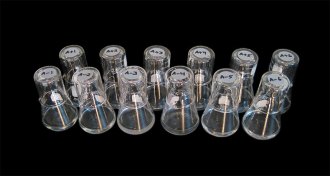 Genetics
GeneticsYear in review: Fluke extinction surprises lab
A die-off of bacteria in a carefully controlled lab experiment offered an evolutionary lesson this year: Survival depends not only on fitness but also on luck.
-
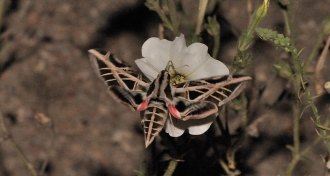 Plants
PlantsSingle gene influences a petunia’s primary pollinator
Mutations on a single gene determine how much ultraviolet light a petunia flower absorbs, and in turn, which animal pollinates the flower.
-
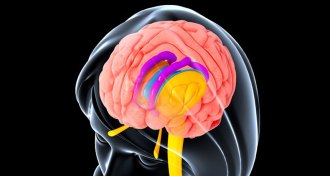 Neuroscience
NeuroscienceBrain shapes come from mom and dad
By linking genes to brain shapes, scientists have a new way to study how the brain works.
-
 Genetics
GeneticsLiberia’s Ebola outbreak largely traced to one source
Ebola’s spread and evolution in Liberia echoes patterns seen in Sierra Leone.
-
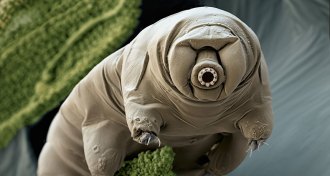 Animals
AnimalsWater bears’ genetic borrowing questioned
A new analysis of tardigrade DNA suggests that water bears don’t swap many genes with other organisms after all.
-
 Genetics
GeneticsDNA editing shows success in mosquito sterilization
A new gene drive that sterilizes females could reduce numbers of malaria mosquitoes
-
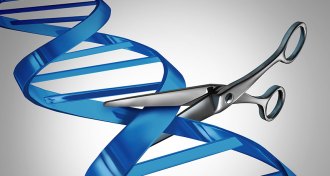 Genetics
GeneticsHuman gene editing research gets green light
Gene editing research can move forward, but not for reproductive purposes, international summit committee says.
-
 Genetics
GeneticsScientists consider new genetic power and its impacts
Thanks to CRISPR, scientists’ plans for effective use of gene drives suddenly look feasible.
By Eva Emerson -
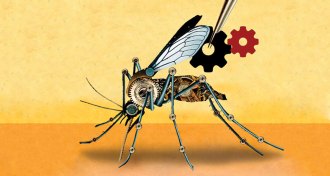 Genetics
GeneticsGene drives spread their wings
Gene drives may wipe out malaria and take down invasive species. But they may be difficult to control.
-
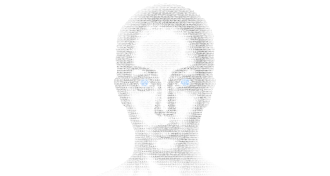 Genetics
GeneticsCan DNA predict a face?
DNA-based facial sketches are moving into the crime-solving arena. With current science, predictions of some features are better than others.
By Meghan Rosen